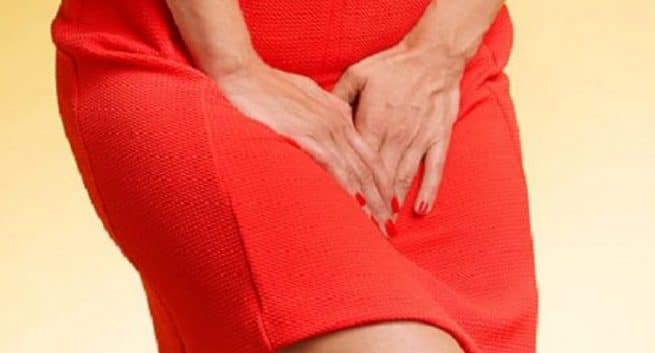Share this @internewscast.com

Women are known to deprioritise their health and do not advocate about issues related to urogynecology.
Urinary incontinence (UI) is one of the most common issues worldwide. One in every two women (30-50%) above the age of 50 years experiences incontinence that affects her physical, psychological and social health. But very little is discussed or even talked about this such a common medical condition that adversely affects the quality of life equivalent to that because of Stroke and Alzheimer’s disease.
Urinary incontinence is a term described as an involuntary leakage of urine.
- Stress incontinence is caused by pressure on the abdomen, such as during exercise, sneezing, laughing, lifting a heavy object, or bending over. It affects women’s pregnancies.
- Urge to go to the toilet because of an overactive urinary bladder. Sometimes, women leak urine before they reach the toilet.
- Other reasons are constipation, obesity, smoking, uterine or bladder prolapse, dementia and nerve damage.
The Reason Is Multifold
There is less emphasis on women’s pelvic health in the healthcare fraternity, a lack of education and awareness regarding the same in the general population and most importantly, considering it taboo or embarrassing in many cultures of the world. Women are known to deprioritise their health and do not advocate about issues related to urogynecology. They are left with limited options to navigate, and most of them continue to live with incontinence during their elderly years of life.
We must follow some preventive measures to address this concern in the women:
- Awareness: Destigmatising the issues related to pelvic floor health is the key. Talking about matters urological to women can help them navigate possible options and modalities.
- Counselling: Doctors (physicians and gynaecologists) should ask basic questions such as feeling a bulge in the vaginal region or feeling the leakage of urine, or having uncomfortable/painful intercourse. This can help women understand how to talk about incontinence with their physicians.
- Pelvic floor exercises: Strengthening pelvic floor muscles by doing regular exercises such as Kegel can help manage urinary incontinence by up to 90%.
- Managing constipation: Stool obstruction is one of the significant reasons for incontinence in women. Having a semi-solid and regular pattern of stool elimination helps in managing UI.
- Maintain a bladder diary: Women, especially postmenopausal women, should maintain a bladder diary with details related to fluid intake, bathroom visits, frequency of leakage, etc. This should be thoroughly discussed with their doctor on every visit.
- Maintain a calm environment: We must also counsel the family members if their loved one suffers from urinary incontinence. This disease can sometimes be stressful and emotional, so we should discuss it accordingly.









